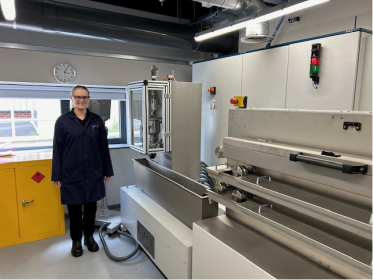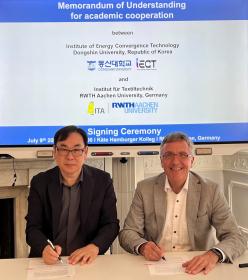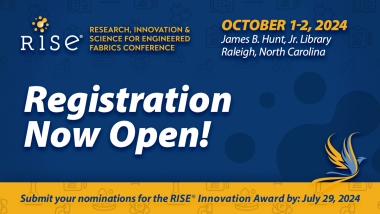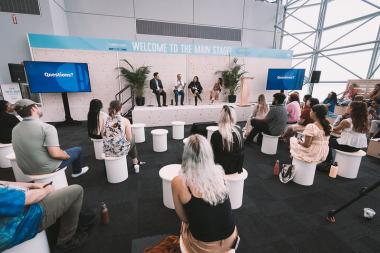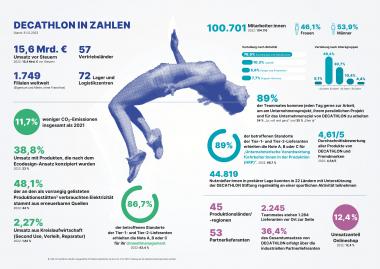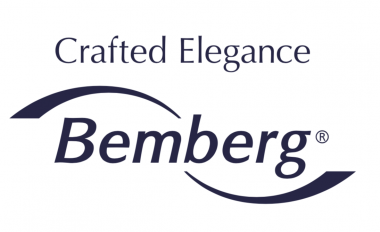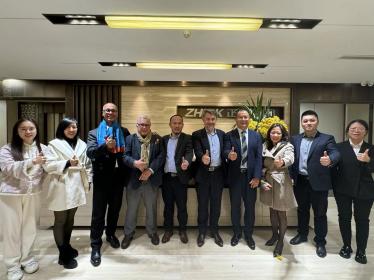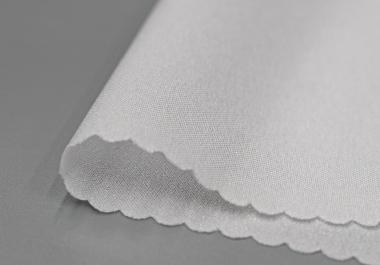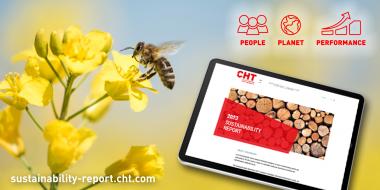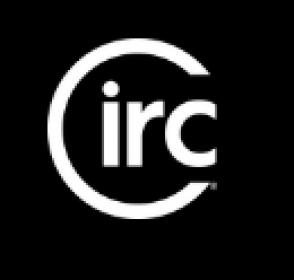BTE nimmt Stellung zum Entwurf der Nationalen Kreislaufwirtschaftsstrategie
Das Bundesministerium für Umwelt, Naturschutz und nukleare Sicherheit (BMUV) hat aktuell einen Entwurf für eine Nationale Kreislaufwirtschaftsstrategie (NKWS) vorgelegt. Diese soll der Bundesregierung als zentraler Rahmen dienen, um die Umweltbelastung zu reduzieren, die Biodiversität zu schützen und den Klimaschutz zu fördern.
Der Entwurf adressiert explizit die kurzen Nutzungszyklen vieler Güter, einschließlich Textilien/Schuhe. Die NKWS unterstützt das Ziel der Deutschen Nachhaltigkeitsstrategie, den Rohstoffeinsatz für den Konsum privater Haushalte bis 2030 um mindestens 20 Prozent zu senken. Im Rahmen der Initiative „Digitaler Produktpass“ sollen dazu bis 2028 Pilotprojekte in acht Schlüsselsektoren – darunter auch die Textil- und Schuhbranche – umgesetzt werden, um Praxiserfahrungen zu sammeln und Kompetenzen aufzubauen. Kleine und mittlere Unternehmen (KMU) erhalten dabei spezifische Förderprogramme und Dienstleistungen zur Unterstützung der Einführung von Produktpässen.
Der BTE unterstützt grundsätzlich die Bemühungen zur Entwicklung einer NKWS. Nachhaltigkeit, Klima- und Umweltschutz sowie Kreislaufwirtschaft haben zuletzt auch innerhalb der Textil- und Schuhbranche an Bedeutung gewonnen. Negative Begleiterscheinungen bei der Herstellung, dem Handel, dem Konsum und der Entsorgung sowie die Endlichkeit der zur Verfügung stehenden Ressourcen sind nicht mehr zu ignorieren bzw. zu tolerieren. Die Branche hat zudem erkannt, dass auch vor dem Hintergrund der Verringerung der Gefahren von Rohstoffabhängigkeiten, Lieferengpässen und Kostensteigerungen die Notwendigkeit für ein nachhaltigeres und ressourcenschonenderes Wirtschaften besteht bzw. erforderlich ist. Ebenso muss eine gewisse Bewusstseinsänderung der Konsumenten registriert werden, ohne dass von Massenveränderungen bei Kaufentscheidungen gesprochen werden kann.
Allerdings hat der BTE in seiner Stellungnahme gegenüber dem BMUV klargestellt, dass Textilien und Bekleidung grundlegend und elementar für das tägliche Leben sind. Neben der reinen Schutzfunktion vor Kälte, Wärme, Gefahren etc. befriedigt Bekleidung gerade in multikulturellen und offenen Gesellschaften weitere wichtige menschliche Bedürfnisse (z.B. Selbstverwirklichung, Gruppenzugehörigkeit, soziale Einbindung, Teilhabe), die für die Zufriedenheit von Menschen und letztlich dem gesamtgesellschaftlichen Gefüge wichtig sind bzw. bedeutend sein können.
Nach BTE-Kenntnis bzw. Datenlage wird Kleidung aussortiert, weil sie in etwa 35 Prozent der Fälle nicht mehr passt und in ca. 30 Prozent der Fälle verschlissen oder beschädigt ist. Somit handelt es sich bei rund Zweidrittel der Aussortierungen um Faktoren, die als nachvollziehbar bzw. üblich zu kategorisieren sind. Lediglich knapp 20 Prozent der Verbraucher geben an, dass sie ihre Kleidungsstücke und Schuhe für unmodern halten und aus diesem Grund aussortieren. Rund 10 Prozent meinen zudem, dass sie grundsätzlich zu viel Kleidung besitzen und daher aussortieren. Die verbleibenden rund 5 Prozent sortieren Textilien aus nicht näher nachvollziehbaren Gründen aus, oftmals mit dem Argument „kein Platz mehr im Kleiderschrank“.
Vor diesem Hintergrund könne und dürfe es nach Meinung des BTE im Rahmen einer Kreislaufwirtschaftsstrategie keinen grundsätzlichen „Feldzug“ gegen Bekleidung bzw. Textilien geben. Ziel und Ausrichtung einer Kreislaufwirtschaft müsse es vielmehr sein, „Auswüchse“ und gewichtige Fehlentwicklungen in der Bekleidungs-/Textilbranche zu identifizieren, abzubauen und in ein nachhaltiges und zirkuläres System zu überführen.
Die Bundesregierung sollte sich im Rahmen der Umsetzung der Inhalte und Ziele des NKWS daher um die Schaffung eines unbürokratischen regulatorischen Rahmens bemühen, der klare und realistische Ziele formuliert und Unternehmen zur Erreichung dieser befähigt, so der Handelsverband. Innerhalb der NKWS sollten im Wesentlichen auch marktwirtschaftliche Prinzipien zur Anwendung kommen und nicht grundsätzlich erschwert bzw. verhindert werden.
Grundsätzlich hält der BTE eine vollständige Entkopplung von Ressourcenverbrauch und Wirtschaftswachstum in der Textil- und Modebranche weder für realisierbar noch zielführend. Als Gründe hierfür könnten beispielsweise die Stichpunkte Rebound Effekte, Problemverlagerungen (Lösung eines ökologischen Problems schafft neue oder verschärft Probleme in anderen Bereichen) oder insuffiziente und unangemessene technologische Entwicklungen angeführt werden. Daher solle es Ziel aller Bestrebungen sein, ein höchstmögliches Maß der Entkopplung zu erreichen. Alles andere erscheint unrealistisch - auch im Hinblick auf eine globale Betrachtung.
Fazit der BTE-Stellungnahme: Die Branche sei in vielen Bereichen bereits proaktiv unterwegs. Der Gesetzgeber dürfe im weiteren Verfahren allerdings nicht vergessen, dass bei den vorgeschlagenen Maßnahmen Augenmaß und Verhältnismäßigkeit gewährleistet sein müssen. Denn bereits jetzt seien Unternehmen vielfältig mit überbordender Gesetzes-Bürokratie konfrontiert und belastet.
Kreislaufwirtschaft Bundesministerium für Umwelt, Naturschutz und nukleare Sicherheit BMUV
BTE Handelsverband Textil Schuhe Lederwaren






